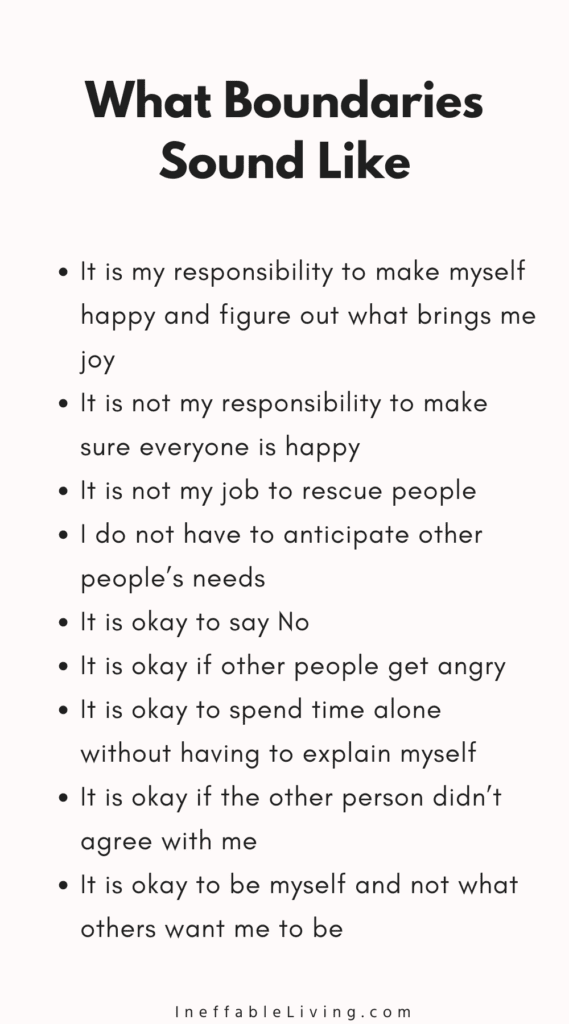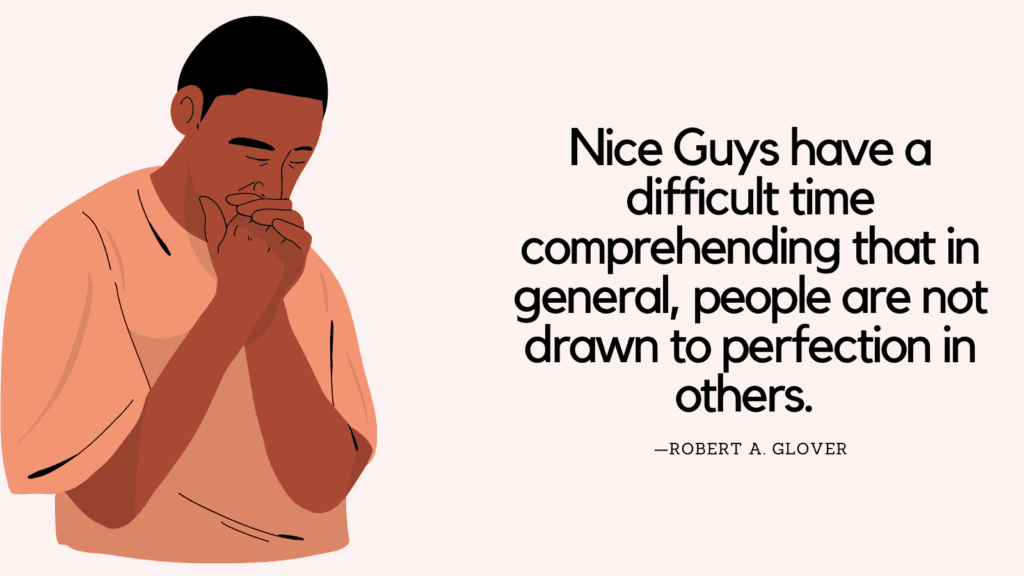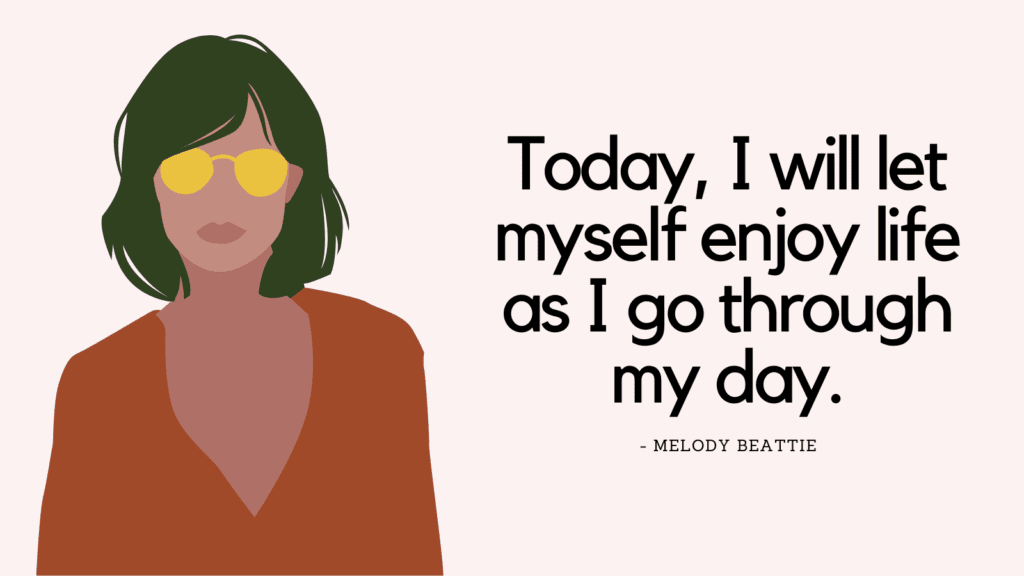This post contains some of the best don’t allow yourself to be used quotes.
Don’t Allow Yourself To Be Used Quotes
1. “In general, Nice Guys are peaceful and generous. Nice Guys are especially concerned about pleasing women and being different from other men.”— Robert A. Glover
2. “For years, women didn’t seem attracted to me. My people-pleasing and excessive niceness repelled them, although I didn’t know this at the time. I thought it was because I was not cool enough, strong enough, tall enough. Too ugly, too boring, too nerdy.”— Aziz Gazipura
3. “Nice Guys believe that if they are good, giving, and caring, they will in return be happy, loved, and fulfilled.”— Robert A. Glover
4. “I was too nice. I didn’t want to make anyone uncomfortable, or say anything that might hurt or upset my partners.”—Aziz Gazipura
Related: Top 25 Tips On How To Set Boundaries In A Toxic Relationship? (+FREE Worksheets PDF)
5. “The Nice Guy Syndrome represents a belief that if Nice Guys are “good,” they will be loved, get their needs met, and live a problem-free life.”— Robert A. Glover
6. “As a result of these childhood experiences, feeling like a victim feels familiar for most Nice Guys. These men tend to see others as causing the problems they are experiencing in life. As a consequence, they often feel frustrated, helpless, resentful, and rageful. You can see it in their body language. You can hear it in their voices.”— Robert A. Glover
7. “I am going to shatter this nice guy shell. I’m going to be honest and direct. I’m going to face whatever discomfort I need to face, learn whatever it is I need to learn, do whatever it takes to feel more confident, powerful, and capable. To enjoy a deep, fulfilling relationship with the love of my life. To be the powerful man I’m meant to be in this world.”—Aziz Gazipura
8. “As you let go of niceness, guilt, pleasing others, and fear of conflict, everything improves. Your relationships get better, your self-esteem skyrockets, your sense of personal and social power increase, your career and business success surge, and you feel more relaxed around people in all situations.”—Aziz Gazipura
Related: How To Set Boundaries With Narcissistic Parents?
9. “In an attempt to cope with their childhood abandonment experiences, all Nice Guys developed the same paradigm: “If I am good, then I will be loved, get my needs met, and have a problem-free life.” Unfortunately, this paradigm not only produces the opposite of what is desired, it guarantees nothing but feelings of perpetual powerlessness.”—Robert A. Glover
10. “In spite of the fact that we live in a chaotic, unpredictable world, Nice Guys are not only convinced that life can be smooth, they believe it should be. This belief is the direct result of their childhood abandonment experiences. The unpredictability of not having their needs met in a timely, judicious fashion was not only frightening, it was potentially lifethreatening.”—Robert A. Glover

11. “In attempt to cope with the uncertainty of their chaotic childhood, Nice Guys developed a belief system that if they could just do everything right, then everything would go right in their lives. Sometimes these men also developed belief systems that their childhood was ideal and problem-free (the opposite of reality) in order to cope with their abandonment experiences. These were all distorted beliefs, but these illusions helped these helpless little boys deal with the turmoil that was out of their control.”—Robert A. Glover
12. “Niceness and guilt. These two go together like peanut butter and jelly.”—Aziz Gazipura
Related: 5 Weird Things Covert Narcissists Do To Manipulate Their Victims
13. “This tendency to take too much responsibility for others’ feelings creates large amounts of anxiety and guilt (as well as hidden resentment). In fact, the rules from your list that are causing you the most guilt are likely ones that demand you don’t “cause” any negative feelings in others. The nicer someone is, the more guilt they feel about this.”—Aziz Gazipura
14. “A second reason Nice Guys never accomplish their goal of having a smooth life is that they do the opposite of what works. By approaching adult situations with survival mechanisms that were formed when they were naive and powerless, they are insured of having very little success in creating anything that resembles stability in their lives.”—Robert A. Glover
15. “The dependence on these ineffective survival mechanisms keeps Nice Guys trapped in the memory of their fearful childhood experiences and perpetuates a vicious cycle. The more frightened they are, the more they use their childhood survival mechanisms. The more they use these ineffective mechanisms, the less successful they are at negotiating the complexities, challenges and ambiguities of life. The less successful they are, the more fearful they become . . . you get the picture.”—Robert A. Glover
16. “Too involved. Too pleasing. Too nice.”—Aziz Gazipura
Related: How To Turn The Tables On A Gaslighter?
17. “Nice Guys are terrified of two kinds of feelings — their own and everyone else’s. Any kind of intensity causes Nice Guys to feel out of control. As children, feeling things intensely invited either negative attention or no attention at all. Therefore, it came to feel safer to clamp a lid down tightly on any emotion that might attract too much negative attention or might cause them to feel abandoned.”—Robert A. Glover
18. “I frequently hear Nice Guys rationalize the withholding of their feelings by claiming they don’t want to hurt anyone. The truth is they are covering their own butts. What they are really saying is that they don’t want to do anything that might recreate their childhood experiences. They’re really not trying to protect anyone from harm, they’re just trying to keep their world smooth and under control.”—Robert A. Glover
19. “For most nice people, anger is an unacceptable, undesirable, and generally bad emotion. If one is nice, one shouldn’t feel angry, irritated, or upset with others.”—Aziz Gazipura
20. “Because of the memory fear created in childhood, Nice Guys still approach the world as if it is dangerous and overpowering. To cope with these realities, Nice Guys typically hunker down and play it safe.”—
21. “Feelings are an integral part of human existence. By learning the language of feelings, recovering Nice Guys can begin to let go of a lifetime of unnecessary baggage. As they do, they experience a newfound energy, optimism, intimacy, and zest for life.”—Robert A. Glover
Related: Am I Being Gaslighted Quiz (& How To Recover From Gaslighting In 10 Steps)

Importance of Setting Healthy Emotional Boundaries
Setting healthy emotional boundaries is crucial for maintaining your mental and emotional well-being.
Here are some scientifically supported reasons why setting healthy emotional boundaries is important:
1. Protection of self
Healthy emotional boundaries act as a protective shield, helping you define and maintain your personal space, emotions, and needs.
They prevent others from overstepping or violating your boundaries, which can contribute to feelings of resentment, stress, and overwhelm.
2. Enhanced self-esteem
Setting and enforcing healthy emotional boundaries promotes self-respect and self-worth.
It communicates to yourself and others that you value your needs and are deserving of respect.
This, in turn, boosts self-esteem and self-confidence.
Related: +100 Examples of Boundary Violations & How to Deal With It
3. Maintaining authenticity
Healthy emotional boundaries allow you to express and honor your authentic self.
By setting limits on how others treat you and what you are willing to accept, you can remain true to your values, beliefs, and desires.
This fosters a sense of authenticity and genuine connections in your relationships.
4. Preservation of energy
Without clear emotional boundaries, it’s easy to become emotionally drained, particularly through absorbing the emotions and problems of others.
Setting limits on how much emotional energy you invest in others helps conserve your own energy, allowing you to focus on self-care and fulfilling your own needs.
5. Improved relationships
Paradoxically, setting healthy emotional boundaries can actually improve your relationships.
Clear boundaries foster open communication, mutual respect, and a balanced give-and-take dynamic.
People tend to treat you the way you teach them to treat you, so asserting your boundaries helps create healthier and more fulfilling connections.
Related: Top 5 Tips On How To Be Assertive Without Being Rude
6. Decreased stress and burnout
When you set and enforce healthy emotional boundaries, you reduce the likelihood of feeling overwhelmed, taken advantage of, or burdened by others’ expectations.
This reduces stress levels and minimizes the risk of burnout, promoting better overall mental and physical health.
Conclusion
Setting healthy emotional boundaries is a learned skill that requires practice and self-awareness.
It may take time to establish and maintain them effectively, but the benefits for your well-being and relationships make it worthwhile.
If you need further guidance on setting boundaries, consider consulting with a mental health professional who can provide personalized support.



